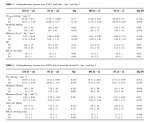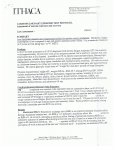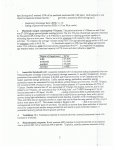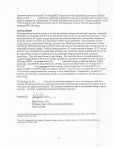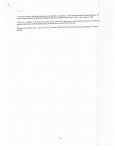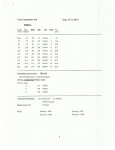A.B.
Senior Member
- Messages
- 3,780
Physiological measures in participants with chronic fatigue syndrome, multiple sclerosis and healthy controls following repeated exercise: a pilot study.
https://www.ncbi.nlm.nih.gov/pubmed/28782878
PURPOSE:
To compare physiological responses of chronic fatigue syndrome (CFS/ME), multiple sclerosis (MS) and healthy controls (HC) following a 24-h repeated exercise test.
METHODS:
Ten CFS, seven MS and 17 age- and gender-matched healthy controls (10, CFS HC; and seven, MS HC) were recruited. Each participant completed a maximal incremental cycle exercise test on day 1 and again 24 h later. Heart rate (HR), blood pressure (BP), rating of perceived exertion (RPE), oxygen consumption (V˙O2), carbon dioxide production and workload (WL) were recorded. Data analysis investigated these responses at anaerobic threshold (AT) and peak work rate (PWR).
RESULTS:
On day 2, both CFS and MS had significantly reduced max workload compared to HC. On day 2, significant differences were apparent in WL between CFS and CFS HC (93 ± 37 W, 132 ± 42 W, P<0·042). CFS workload decreased on day 2, alongside a decrease in HR but with an increase in V˙O2 (ml kg min-1 ). This was in comparison with an increase in WL, HR and V˙O2 for CFS HC. MS demonstrated a decreased WL compared to MS HC on both days of the study (D1 81 ± 30 W, 116 ±30 W; D2 84 ± 29 W, 118 ± 36 W); however, patients with MS were able to achieve a higher WL on day 2 alongside MS HC.
CONCLUSION:
These results suggest that exercise exhibits a different physiological response in MS and CFS/ME, demonstrating repeated cardiovascular exercise testing as a valid measure for differentiating between fatigue conditions.
https://www.ncbi.nlm.nih.gov/pubmed/28782878

